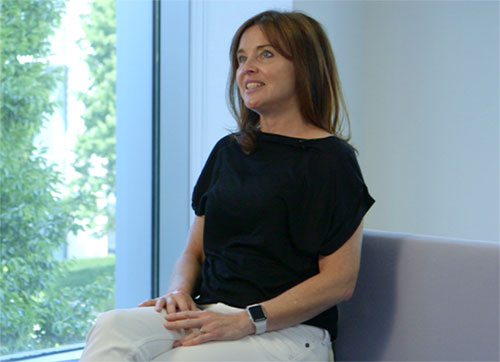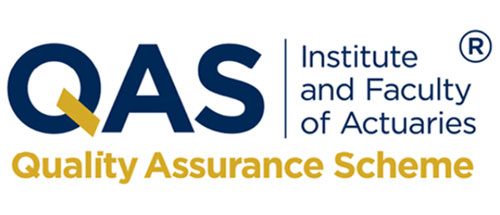- Service Options
Cartwright services are tailored to precisely fit your needs and our solutions are both sophisticated and practical without being overcomplicated or overpriced.
- News and Resources
In the ever changing world of finance we aim to keep you fully informed on the latest regulatory changes, industry initiatives and new opportunities.
- Education and Events
Cartwright regularly offer trustee training, in person or via video conferencing, and host events to keep you informed and sometimes entertained!
- Working with Cartwright
Find out what it is like to work with Cartwright and how we can support you and help you reach your full potential.
- Our Company
An insight into our company, its people, and our culture as well as a quick look at what others have been saying about us!
- Contact Details
How to find the Cartwright offices and how to get in touch with us.











